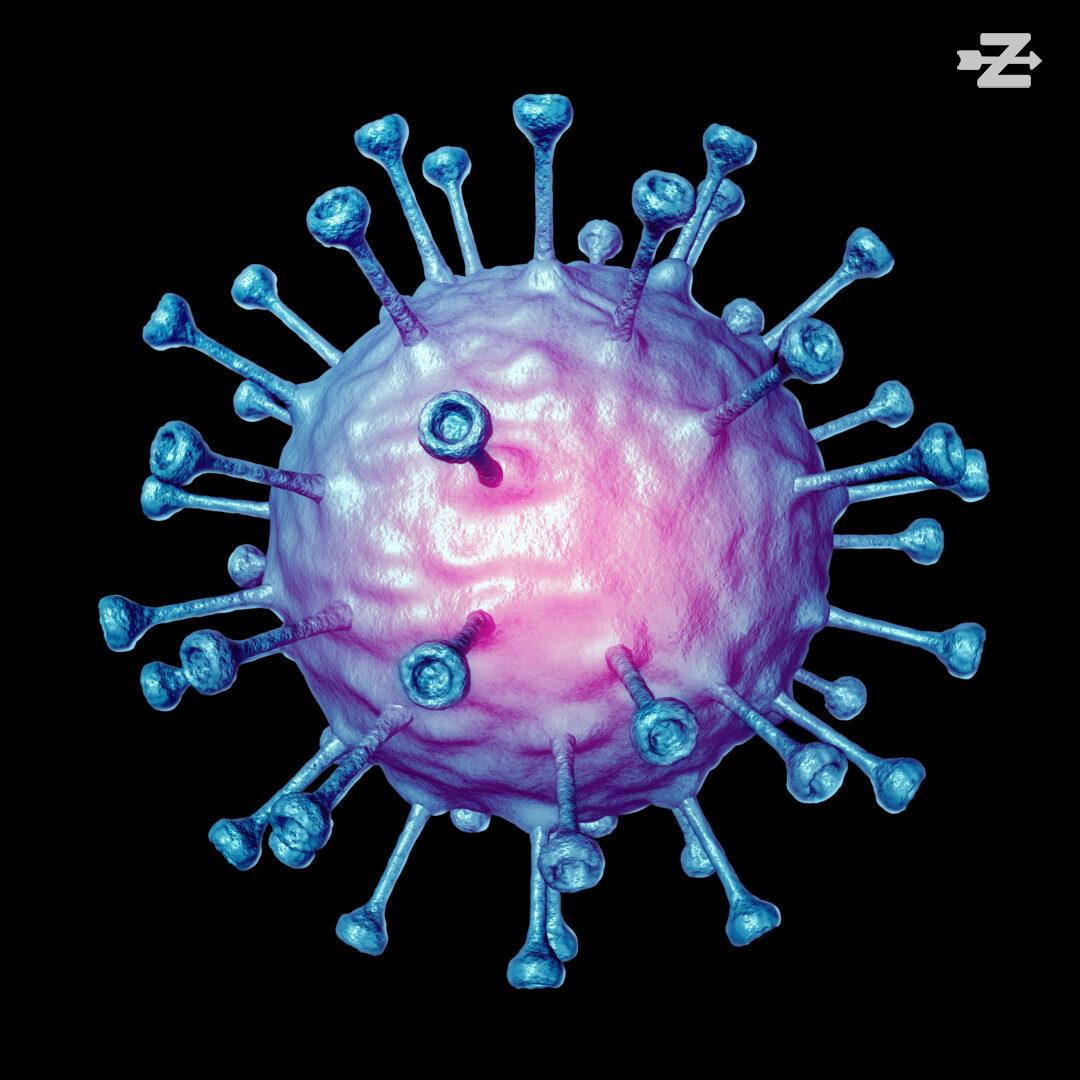A study has been published in the journal Chemical Science by researchers at the University of Toronto along with Insilico Medicine.
The study shows the development of a potential treatment for hepatocellular carcinoma, and it was created by an AI drug discovery platform called Pharma.AI. Hepatocellular carcinoma (HCC) is the most common type of liver cancer.
Researchers applied AlphaFold, which is an AI-powered protein structure database, to AI program Pharma.AI to try to uncover a novel target (a previously unknown treatment pathway) for cancer. The programs developed a “novel hit molecule” that could help bind to the target cells without aid.
The creation of this drug took just 30 days from selection of target, and only required the program to synthesize 7 compounds.
After the program initiated a second round of generating compounds, they discovered a more potent hit molecule.
However, any drug created by the programs would have to undergo clinical trials before it would be used in any widespread manner.
Alex Zhavoronkov, founder and CEO of Insilico medicine, said in a statement, “While the world was fascinated with advances in generative AI in art and language, our generative AI algorithms managed to design potent inhibitors of a target with an AlphaFold-derived structure.”
A separate study published in JAMA showed an AI system invented at the University of British Columbia and BC Cancer was able to predict the survival rate of cancer patients using just doctors’ notes. The program was able to predict six-month, 36-month and 60-month survival with an accuracy rate of over 80%.
While the use of AI in medicine – as in all industries – is often controversial, the breakthroughs are incontrovertible.



